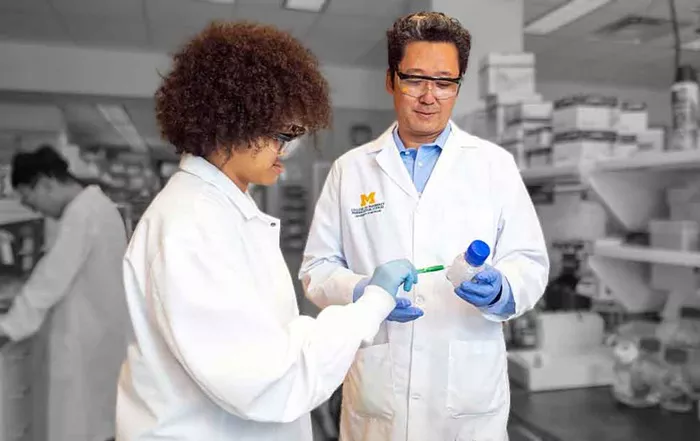A groundbreaking study from the University of Michigan has found that inulin, a natural plant fiber, may serve as a promising new treatment for food allergies. Published in Nature Materials, the research highlights the effectiveness of inulin gel-based oral immunotherapy in preventing severe allergic reactions in mice, targeting gut bacteria as part of its mechanism.
Led by James Moon from U-M’s College of Pharmacy, the study suggests that this therapy could address the root causes of food allergies rather than merely alleviating symptoms. Inulin, recognized as safe by the FDA, could be a viable option for large-scale clinical use due to its favorable safety profile.
The study revealed that inulin gel, when formulated with specific allergens, normalized intestinal microbiota in allergic mice, resulting in long-lasting allergen-specific oral tolerance. This indicates potential for sustained relief from food allergies, even after treatment stops.
With food allergies affecting roughly 1 in 3 adults and more than 1 in 4 children, the need for effective management strategies is critical. Current treatments often fall short due to adverse reactions and limited effectiveness.
Further research and clinical trials will be essential to validate these findings and explore the therapeutic possibilities of inulin in managing food allergies globally.
[inline_related_posts title=”You Might Be Interested In” title_align=”left” style=”list” number=”6″ align=”none” ids=”10786,10783,10780″ by=”categories” orderby=”rand” order=”DESC” hide_thumb=”no” thumb_right=”no” views=”no” date=”yes” grid_columns=”2″ post_type=”” tax=””]

































